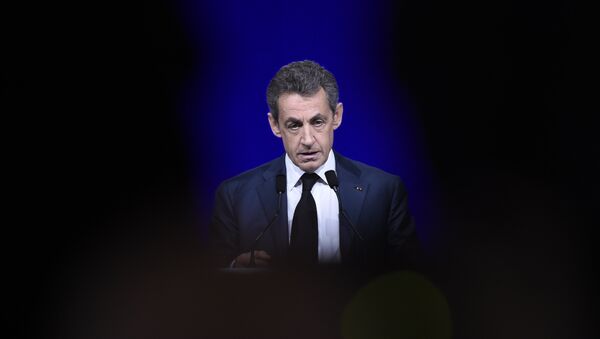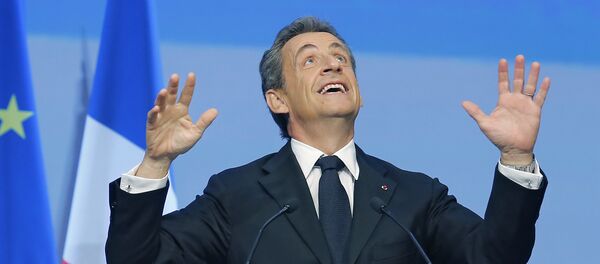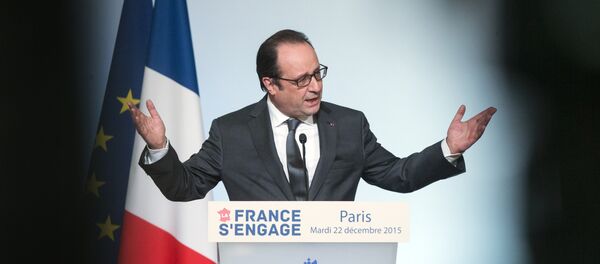Sarkozy faced a rebellion last year after switching his rhetoric to address a right-wing agenda in the face of a massive growth of support for the far-right Front National Party, which was threatening to make major gains in regional elections. He told French radio:
"A vote for the National Front is not a vote against the Republic… it is not immoral."
The apparent overture to Le Pen voters went against the Republicans' basic belief that the Front National is not a party of good repute.
In December, Sarkozy ousted the party's deputy Nathalie Kosciusko-Morizet as he scrambled to re-establish his authority after a disappointing regional election campaign. Sarkozy's party managed to win power in seven out of 13 regions in the elections which took place on December 6 and 13. However, the party only won in two of them after the socialists pulled out in a tactical move to oust the right-wing Front National from winning.
Kosciusko-Morizet was critical of Sarkozy's decision not to go along with the ruling Socialist Party to block the Front National in some regions. French President Francois Hollande had called on Sarkozy to join him in forcing tactical voting to keep the Front National from power. But Sarkozy adopted a "ni retrait ni fusion" (neither withdrawal nor fusion) policy — known as "ni ni", of which Kosciusko-Morizet was openly critical.
Unpopular
Sarkozy has yet to formerly declare he will run for the presidency in 2017, but he is already facing opposition from four Republican heavyweights: former prime ministers Alain Juppe and Francois Fillon, ex-agriculture minister Bruno Le Maire and former party leader Jean-Francois Cope.
In a further sign that many in his party do not approve of his leadership, former prime minister and party heavyweight Jean-Pierre Raffarin announced that he was backing Juppe.
Sarkozy — who was president from 2007 to 2012 when he was ousted by the socialist Francois Hollande — became unpopular over his policies on industry and the economy. He kept out of politics for two years after losing office in an effort to distance himself from that failure.
However, a BVA poll this weekend found that 48 percent of conservative voters think Juppe would be the party's best candidate in 2017 compared with just 20 percent for Sarkozy.




